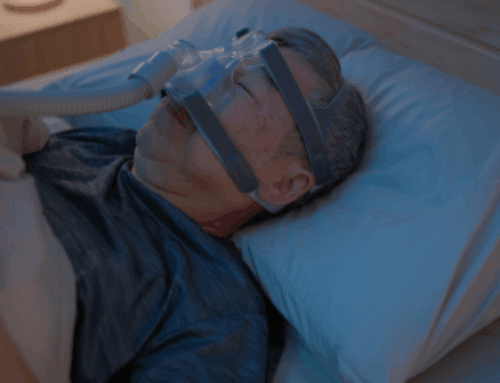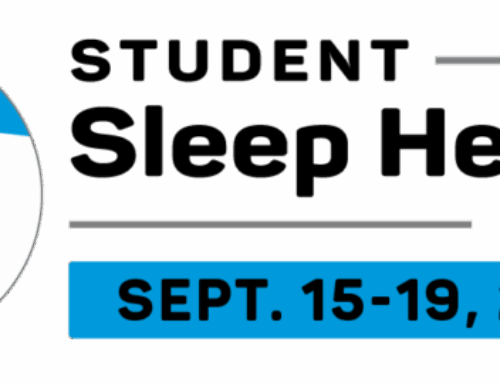DARIEN, IL – A new study reports that short sleep duration combined with frequent snoring reported prior to cancer diagnosis may influence subsequent breast cancer survival.
Results show that women who typically slept less than the recommended 7 hours of sleep per night and were frequent snorers in the years before their cancer diagnosis experienced a poorer cancer prognosis. The findings were especially robust for women who were diagnosed with breast cancer. Breast cancer patients who reported sleeping 6 hours or less per night and snoring 5 or more nights per week before their diagnosis were 2 times more likely to die from breast cancer (hazard ratio = 2.14) than patients who reported sleeping 7 to 8 hours per night and rarely snored.
“We were surprised to see that snoring, especially in combination with short sleep duration, had such a strong association with cancer survival for certain cancer types,” said lead author Amanda Phipps, assistant professor in epidemiology at the University of Washington. “To our knowledge, snoring has not previously been evaluated in relation to cancer survival, but our results suggest that it could be an important consideration.”
Study results are published in the April 15 issue of the Journal of Clinical Sleep Medicine.
The study group comprised 21,230 women diagnosed with a first primary invasive cancer during follow-up from the Women’s Health Initiative (WHI), a longitudinal study of postmenopausal women. Participants provided information on several sleep attributes at study baseline, including sleep duration, snoring, and components of the WHI Insomnia Rating Scale. Analyses were adjusted for potential confounders such as age at enrollment, cancer site, marital status, household income, smoking, physical activity, and time lag between baseline data collection and cancer diagnosis.
The American Academy of Sleep Medicine recommends that adults should sleep 7 or more hours per night on a regular basis to promote optimal health. According to the AASM, sleeping less than 7 hours nightly is associated with a variety of adverse health outcomes.
“Healthy, sufficient sleep is essential for individual well-being, population health and public safety,” said Dr. Nathaniel Watson, president of the American Academy of Sleep Medicine. “All adults should make it one of their top health priorities to get at least 7 hours of sleep each night.”
According to the authors, epidemiologic studies of the relationship between sleep and cancer survival in humans have been limited. However, mouse models have demonstrated that chronic sleep problems may contribute to accelerated tumor growth and shortened cancer survival. One potential mechanism underlying this relationship is the adverse effect of poor sleep on inflammatory pathways, which may be a contributing factor in the development and progression of cancer.
“These findings reinforce our growing understanding that sleep has an effect on a broad range of health outcomes,” said Phipps. “Unlike so many things that can impact cancer risk and cancer prognosis, sleep is something that an individual can potentially control. Our results provide yet another reason to make quality sleep a priority.”
Preliminary results of the study were presented in June 2015 at SLEEP 2015, the 29th annual meeting of the Associated Professional Sleep Societies (APSS). Research support for this study was provided by the National Cancer Institute at the National Institutes of Health.
To request a copy of the study, “Pre-diagnostic Sleep duration and Sleep Quality in Relation to Subsequent Cancer Survival“, or to arrange an interview with the study author or an AASM spokesperson, please contact Senior Communications Coordinator Amy Pyle at 630-737-9700, ext. 9366, or apyle@aasm.org.
The monthly, peer-reviewed Journal of Clinical Sleep Medicine is the official publication of the American Academy of Sleep Medicine, a professional membership society that improves sleep health and promotes high quality patient centered care through advocacy, education, strategic research, and practice standards. The AASM encourages patients to talk to their doctor about sleep problems and visit www.sleepeducation.org for more information about sleep and a searchable directory of AASM accredited sleep centers.




